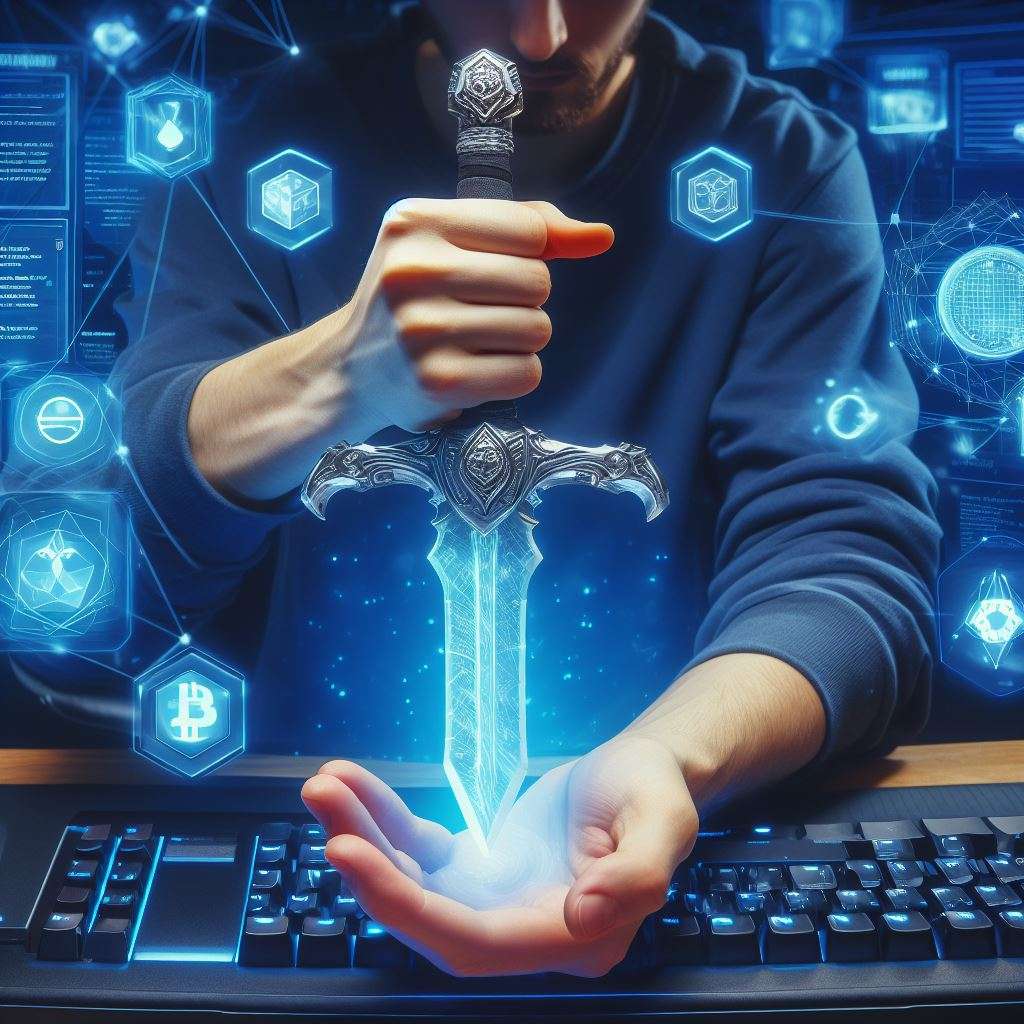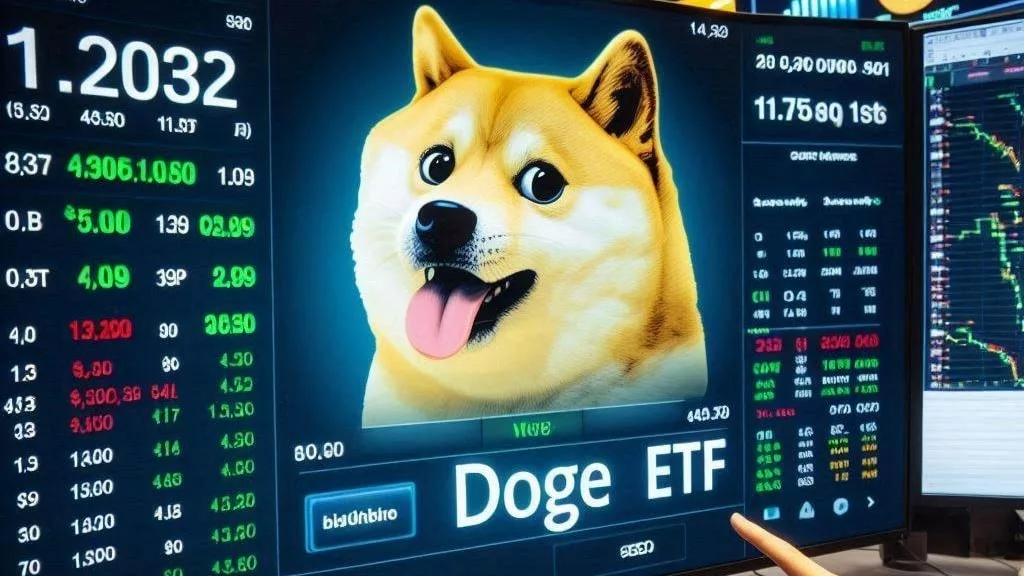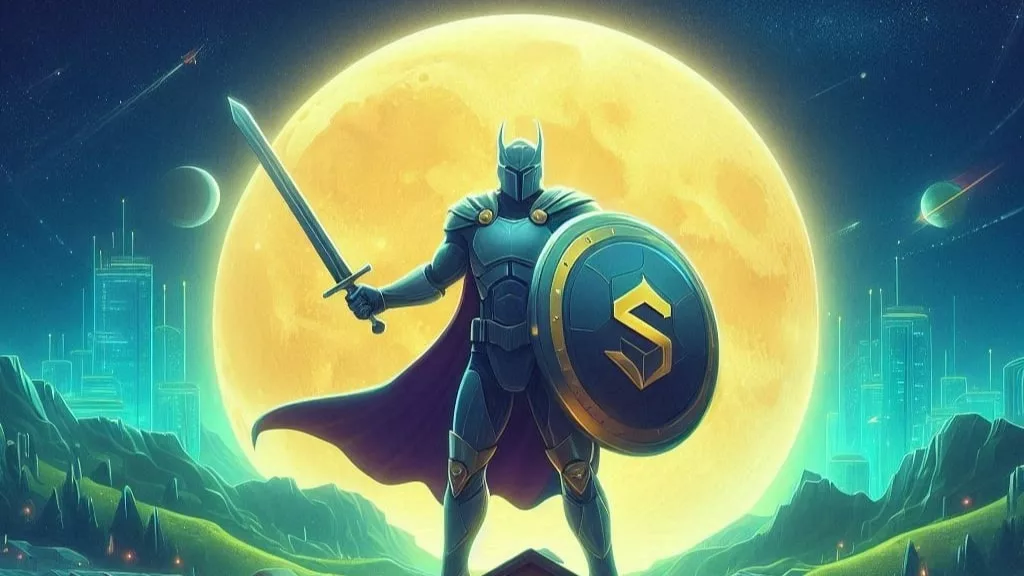
In a groundbreaking shift, some of the biggest players in the video game industry are embracing the world of Web3, marking a monumental step towards the integration of blockchain technology and cryptocurrencies into the gaming sphere. According to CoinGecko, a leading cryptocurrency aggregator, an astonishing 72.5% of the top video game companies by market capitalization have ventured into the exciting realm of Web3. This move includes renowned names such as Microsoft, Tencent, Sony, NetEast, and Nintendo, signaling a dynamic transformation in the industry.
The convergence of gaming and Web3 technologies has been a topic of growing interest and speculation within both the gaming and crypto communities. As these two colossal industries join forces, the possibilities for innovation, player engagement, and financial opportunities are boundless.
The Web3 Gaming Revolution
Web3, often referred to as “Web 3.0,” represents a new era of the internet where decentralized applications (DApps) and blockchain technology take center stage. In the context of the gaming industry, it opens up a myriad of exciting possibilities, from the creation of unique in-game assets that players truly own to decentralized gaming platforms that empower players like never before.
Microsoft: Forging the Path
One of the industry giants at the forefront of this revolution is Microsoft. The tech juggernaut is no stranger to innovation, having made significant strides in cloud gaming with Xbox Game Pass and its Azure cloud platform. Now, Microsoft is diving headfirst into the world of Web3, exploring how blockchain technology can be integrated into its gaming ecosystem.
Imagine a future where your in-game achievements, rare skins, and virtual properties are stored securely on the blockchain, making them truly unique and tradable assets. Microsoft is actively exploring these possibilities to create a more immersive and player-centric gaming experience.
Tencent: Leading the Charge
Tencent, a Chinese conglomerate known for its involvement in gaming through subsidiaries like Riot Games (League of Legends) and Supercell (Clash of Clans), is also making significant strides in the Web3 space. Tencent’s vast influence extends to various aspects of the gaming industry, from mobile gaming to esports, and it is now looking to leverage blockchain technology to enhance these domains.
One potential avenue for Tencent is the integration of blockchain to combat issues such as cheating and fraud in esports, ensuring fair competition and maintaining the integrity of the games they support.
Sony’s Immersive Vision
Sony, a household name in the world of gaming with the PlayStation brand, is exploring how Web3 can enhance its immersive gaming experiences. While details are still emerging, Sony’s foray into the world of blockchain could mean more ownership and control for players over their in-game assets and an increased focus on decentralized gaming ecosystems.
NetEase: Crafting Web3 Adventures
NetEase, a prominent player in the gaming industry, is embracing Web3 with the aim of creating innovative gaming experiences. This Chinese company, known for games like “Fantasy Westward Journey” and “Knives Out,” has been experimenting with blockchain technology to empower players and add unique value to their gaming experiences.
Nintendo’s Playful Exploration
Even Nintendo, a company celebrated for its iconic characters like Mario and Zelda, is dipping its toes into Web3 waters. While the details are still under wraps, the gaming giant’s involvement in blockchain technology suggests exciting developments on the horizon.
The Web3 Advantage for Gamers
So, what does this monumental shift toward Web3 mean for gamers worldwide? Several key advantages emerge:



Get the latest Crypto & Blockchain News in your inbox.